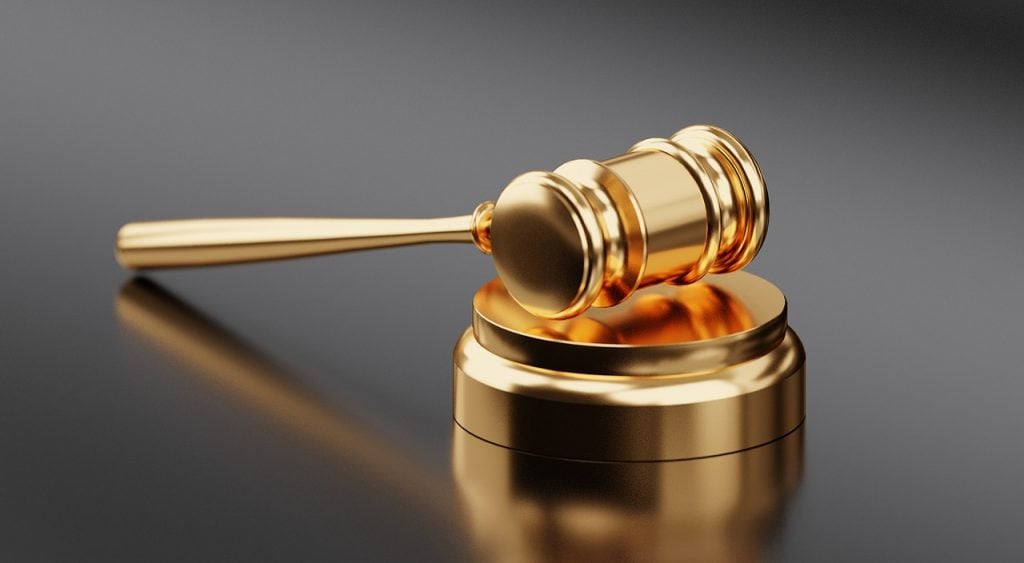Was Leaking Roe Draft a Crime? – Debategate Deja Vu; Experts Divided on Legality of Leaking Copy of Government Document
Supreme Court Decision On Roe v. Wade
WASHINGTON, D.C. (May 5, 2022) – Although USA Today reported that legal experts insist that leaking a draft Supreme Court decision overturning Roe v. Wade wasn’t a crime, former AG William Barr told Megyn Kelly that it was, and a resolution of that key issue may determine whether or not the FBI can be asked to investigate, and whether the leaker might face prison time.
Q1 2022 hedge fund letters, conferences and more
Interestingly, that legal determination may well hinge on two issues which came up when I obtained a court order requiring the appointment of an Independent Counsel to investigate Debategate, says public interest law professor John Banzhaf.
In that case there was evidence that one or more government employees had leaked to Richard Nixon, then the Republican candidate for president, materials prepared by President Jimmy Carter's employees to help their boss in an upcoming presidential debate.
However, it was argued that no crime could have been committed because no documents had physically been taken from the government - instead, one or more copies had been made, and passed along to Nixon's people.
18 U.S. Code § 641 provides "whoever embezzles, steals, purloins, or knowingly converts to his use or the use of another, or without authority, sells, conveys or disposes of any record, voucher, money, or thing of value of the United States or of any department or agency thereof, or any property made or being made under contract for the United States or any department or agency thereof shall be guilty of a crime."
Thus it was suggested that no document had been physically stolen, purloined or converted, since only copies had been leaked, while the original documents remained in the government's possession.
Government Records
It was also argued that, although the documents had been made by government employees on government time and in government facilities, they were not clearly government "records" as specified in the criminal statute.
Obviously, these same arguments can be made by any person identified as the leaker of the draft decision overturning Roe, since it appears that a copy was made of a file which remained on a computer, and arguably a decision by one justice which is only a draft is not a formal "record" of the United States.
However, "I was able to prevail on both those issues - that just making a copy was a crime, even if it wasn't a conventional federal "record" - and to get a federal judge to order the appointment of an Independent Counsel to investigate possible crimes involved in Debategate, although the order was later reversed on an unrelated technicality," says Banzhaf. The case was Banzhaf v. Smith, he notes.













